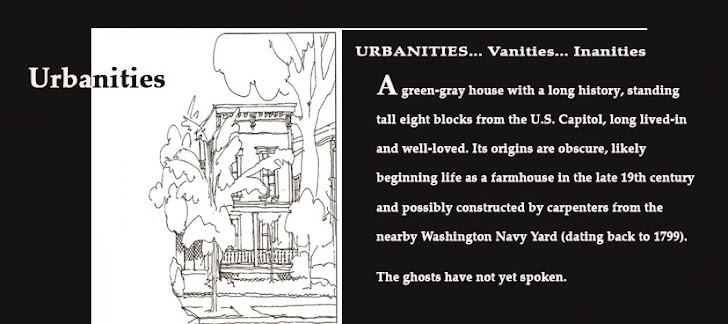Call it an unsentimental journey, tripping around Manhattan at New Year's end, looking past and thinking forward. There is no reason these days to suppose the scene has changed much on in decades the subway. Except still maybe an occasioal throwback to times when a sense of community was uppermost and mattered. When the perennial inward look of subway patrons was never without cognizance of Those Others around them in the metal tube sweeping them upwards and onwards in their journey. Still, early on the night of December 29, 2019, somewhere along the northbound IRT #1 from Penn Station to upper west side, a weary shape of a man, eyes closed, bent over in a seat with a long white chord extending from his ear. He could be asleep, unconscious or otherwise out of touch except for an iPhone/smartphone connecting to the world. He is immobile, shoulders bent, seemingly lost to strangers around him. Otherwise, how would he not know the phone had slipped to the floor of the car. He doesn't notice until a stranger in a seat opposite him leans over to touch him on the shoulder, to alert him in to the fact that he has put his phone/iPod in danger. The man looks up in alarm, then gives a nod and a smile of thanks. The exchange is momentary, unheralded. Maybe unexpected, but valued. No further recognition necessary: I'd do it for me if you had found me in the same position.
Strangers in the city hide behind a facade of indifference until challenged for a reason, I conclude.
It's easy to engage, but one has to be prepared to reciprocate in some measure.
I ask at the Joyce Theater (strictly dance performances) why so many security guards are around at the show, on the outside mainly but possibly also in the lobby. Everywhere these days patrons are asked to uncover the insides of their shoulder bags and purses. (Heaven forbid they should have backpacks, which have to be stored.) I ask one of the casually garbed guardians why it seems to be more of a custom than in Washington, DC., where I've come. He says = offhandedly - "we're more high strung."
Strangers in the city hide behind a facade of indifference until challenged for a reason, I conclude.
It's easy to engage, but one has to be prepared to reciprocate in some measure.
I ask at the Joyce Theater (strictly dance performances) why so many security guards are around at the show, on the outside mainly but possibly also in the lobby. Everywhere these days patrons are asked to uncover the insides of their shoulder bags and purses. (Heaven forbid they should have backpacks, which have to be stored.) I ask one of the casually garbed guardians why it seems to be more of a custom than in Washington, DC., where I've come. He says = offhandedly - "we're more high strung."
